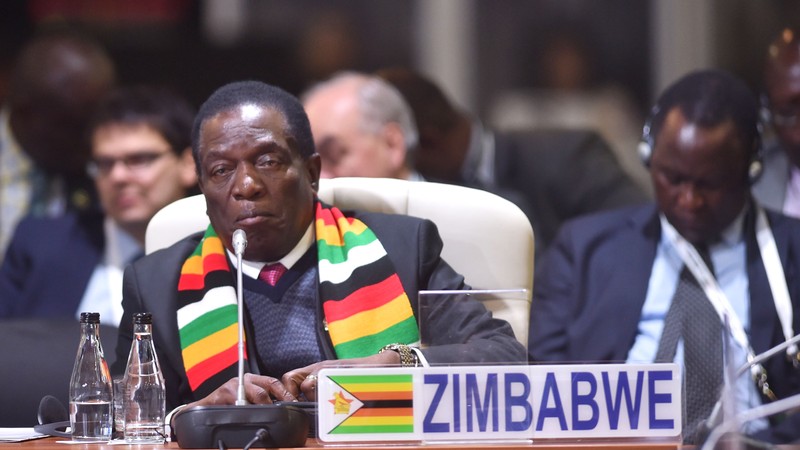
ZIMBABWE’S ECONOMY TO REBOUND TO 6% GROWTH NEXT YEAR, SAYS IMF
The International Monetary Fund (IMF) on Friday forecast that Zimbabwe’s economy could ramp up growth to 6% next year, banking on relative stability after introduction of the new gold-backed currency.
However, the IMF cautioned that President Emerson Mnangagwa’s administration should intensify the fight against corruption.
Buffeted by headwinds such as high consumer inflation and foreign currency woes, the IMF said Zimbabwe’s economy “continues showing resilience”, with growth “expected to decelerate to about 2% in 2024” from 5.3% last year.
This as the country faces the devastating effects of the El Niño-induced drought amid higher import bills that are worsening the country’s balance-of-payments outlook.
Against this backdrop, the Reserve Bank of Zimbabwe (RBZ) in April introduced a new currency, the Zimbabwe Gold (ZiG) as the Zimbabwe dollar had plummeted in value.
As a result, the IMF said the ZiG currency had stabilised in value, to much economic respite as it is also set to help bring inflation under control.
“The ZiG official exchange rate has so far remained stable, ending a bout of macroeconomic instability in the first 3 months of the year when the Zimbabwe dollar depreciated by about 260%,” said Wojciech Maliszewski, who led an IMF team for a mission to Zimbabwe.
“Assuming that macro-stabilisation is sustained, cumulative inflation in the remainder of the year is projected at about 7%.”
The IMF has recommended further refinements to Zimbabwe’s policy framework, advising that overall pricing stability will best be achieved by stabilisation of the domestic currency.
Zimbabwe, nonetheless, uses a basket of multiple currencies, with the US dollar the dominant unit of exchange.
The IMF said pricing and currency stability could be achieved through controlling base money growth through “unremunerated Non-Negotiable Certificates of Deposits (NNCDs)” and “through indirect monetary instruments to increase the attractiveness of the new currency” in the long run.
Although the Zimbabwean government insists that its new currency is backed by gold and other reserves held by the central bank, economists have cautioned against excessive printing of the legal tender.
“The exchange rate should be determined in a deeper market to provide relevant information in the decision regarding the monetary policy stance, which would require identifying and removing any remaining impediments to the functioning of the FX market to promote price discovery,” said the IMF.
Maliszewski also advised Zimbabwe that “closing the fiscal financing gap is essential to sustainably stabilise the currency” with the transfer of past debt obligations related to the country’s central bank quasi-fiscal operations to treasury representing “an important step to strengthen” financial discipline.
“The mission discussed structural reforms aimed at improving the business climate, strengthening economic governance and reducing corruption vulnerabilities. Zimbabwe’s economic governance has significant weaknesses and corruption poses risks to macroeconomic performance,” he said.
Owing to its high indebtedness, the IMF was unable to provide financial support to Zimbabwe.
It said any approval of a bailout for Zimbabwe required “a clear path to comprehensive restructuring of Zimbabwe’s external debt, including the clearance of arrears and a reform plan that is consistent with durably restoring macroeconomic stability, enhancing inclusive growth (and) lowering poverty”, in addition to strengthening economic governance.
BUSINESS REPORT
2024-07-01T06:13:23Z dg43tfdfdgfd











